Future Africa – A unique pan-African platform
Future Africa is the University of Pretoria’s collaborative platform for research that works across the sciences and with society to address Africa’s biggest and most urgent contemporary challenges. Our fundamental purpose is to develop and unleash the transformative potential of African sciences to inform and inspire a future of thriving African societies.
Objective 1
To lead transformative research in, and for Africa.
Objective 2
To develop Africa’s transformative research leadership capabilities.
Objective 3
To build transformative global partnerships for African research.
Objective 4
To foster a culture of dialogue and action for change in African research.
Objective 5










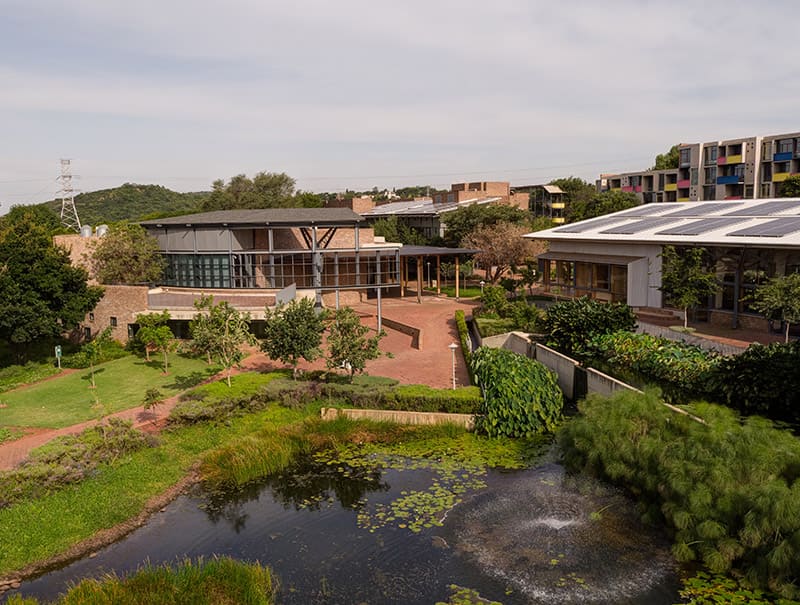



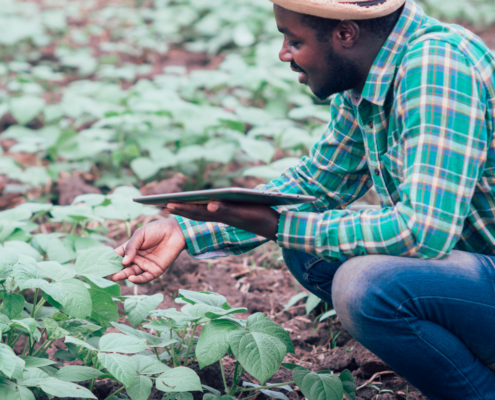




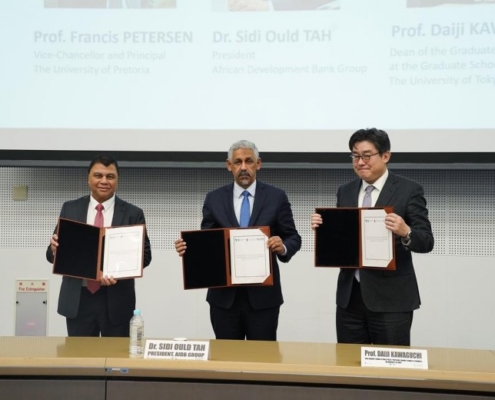
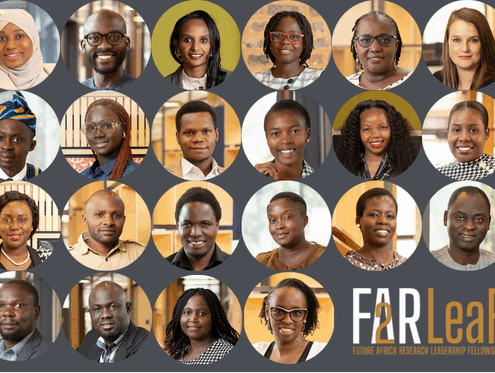

 Sustainable African Food Systems
Sustainable African Food Systems Global Equity in Africa
Global Equity in Africa African Science and Technology Futures
African Science and Technology Futures One Health
One Health Sustainability Transformations in Africa
Sustainability Transformations in Africa
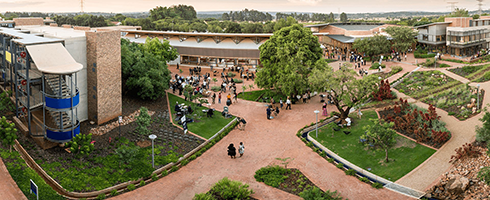
Strengthening women’s leadership in science for Africa’s future
In celebration of International Day of Women and Girls in Science, Future Africa joins the global community in recognising women advancing scientific knowledge and encouraging girls to see themselves as future scientists and research leaders.